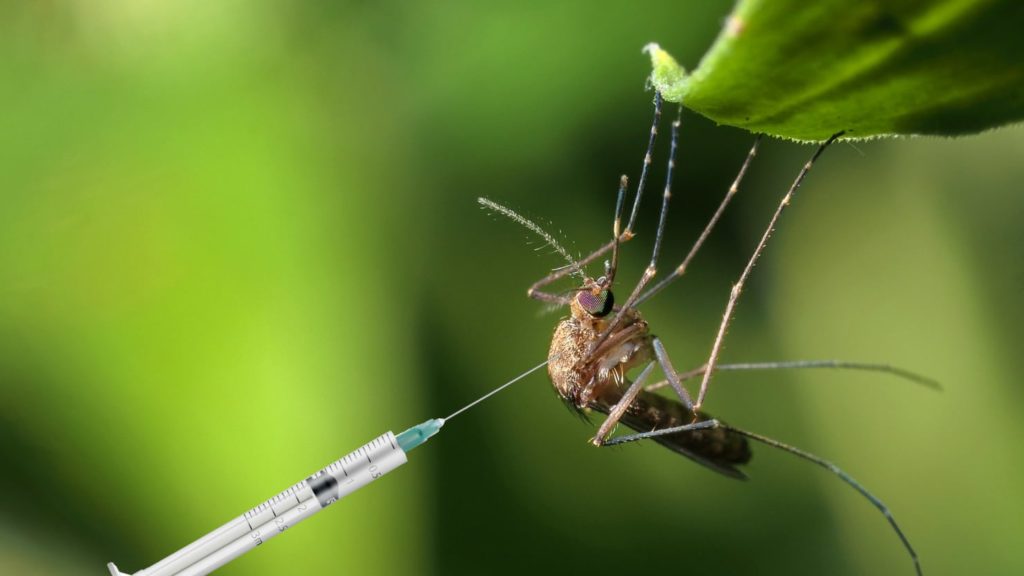The Director General/Chief Executive Officer of the National Biosafety management Agency (NBMA), Dr Rufus Ebegba, has said there is the need to accelerate the development of regulatory pathways for genetically based vector control methods such as transgenic mosquitoes.

Transgenic denotes an organism that contains genetic material into which DNA from an unrelated organism has been artificially introduced.
Dr Ebegba said this at a virtual meeting of the West African Integrated Vector Management Programme held on Friday, June 26, 2020.
Ebegba, who is vice Chairman of the West African Integrated Vector Management Programme, said it is important to put in place biosafety measures in the process of developing the technology so that it can be deployed in a safe and secured manner. Ebegba presided over the meeting.
“In as much as the project is important to ensure that malaria is eradicated in West Africa, it is very important to ensure that necessary biosafety measures are put in place to ensure that the technology is deployed safely,” he stated.
The NBMA DG/CEO said: “The COVID-19 pandemic has unexpectedly changed the course of activities world over as the pandemic has demystified scientific discoveries and research hence it is important to take the project seriously so as to ensure that malaria is safely eradicated in Africa.
“We are in an unusual situation globally due to the COVID-19 pandemic as the infectious rate is constantly increasing and is leaving a huge loss to human and economy in Africa and the whole world. There is need for Africa to do all it can to ensure that the pandemic is combatted.”
Director of the African Union Development Agency (AUDA-NEPAD), African Biosafety Network of Expertise (ABNE), Dr Jeremy Ouedraogo, in his presentation on the achievements for year 2017-2019, output/outcomes for year 2020-2024 and the year 2020 work plan, said education and capacity building of regulatory bodies are necessary to ensure that the release of such mosquitoes is not hampered in the future as regulatory pathways for such technologies is currently not available.
Dr Ouedraogo said: “As part of the work plan there is need for strengthened capacity of healthcare, environmental and biosafety regulators based on specific phases of genetically based vector control product development and deployment.”
He also noted that regional and continental regulatory platforms for integrated vector management of malaria and genetically based vector controls as pathfinders will be operationalised, adding that international engagements for African negotiators and regulators would be enhanced in other to enable better coordination and communication as it relates to the project.
The virtual meeting, which was aimed at understanding how far and well the project has fed and what next steps to take, had in attendance 15 West African member countries as steering committee members of the programme.
